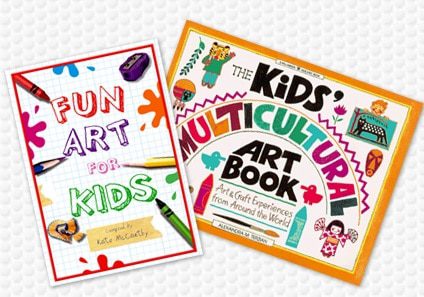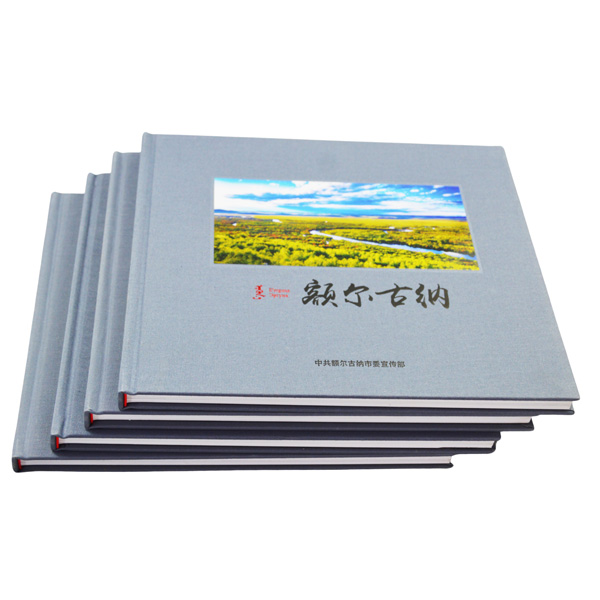Understanding the Refine Behind Premium Art Book Printing for Art Fanatics
When it pertains to top quality art book printing, understanding the complexities of the procedure can elevate your admiration for the last product. You might not recognize exactly how vital paper option and ink choices are to the vibrancy of art work. Each component plays a significant role in achieving the desired effect. As you check out the different components of art book printing, you'll uncover insights that might transform your point of view on art preservation and presentation.
The Significance of Paper Option in Art Book Printing
When it concerns art book printing, the choice of paper can make or damage the end product. You want your artwork to beam, and the appropriate paper enhances color vibrancy and detail. Think about factors like weight, structure, and surface; these elements substantially impact just how visitors perceive your work.
For example, a much heavier supply conveys quality and durability, while a textured surface can add depth to pictures. Smooth paper is outstanding for comprehensive recreations, allowing fine lines and refined shades to appear crisp.
Don't forget about the paper's brightness; a brighter sheet can help colors pop, making your art more distinctive. You'll also desire to think of how the paper engages with inks and whether it can take care of the printing procedure without buckling or bleed-through. Eventually, picking the appropriate paper establishes the stage for your art, guaranteeing it captures the audience's interest just as you envisioned.
Picking the Right Inks for Lively Recreations
Picking the right inks is equally as vital as choosing top quality paper to achieve vivid reproductions in your art book. When you're publishing artwork, you want colors that stand out and properly represent the original item. Choose inks with a high pigment concentration; these often tend to generate richer and a lot more saturated shades.
You could think about using archival inks, which stand up to fading gradually, ensuring your art book stays as striking as the day it was printed. If you're collaborating with photographs or electronically created art, pigment-based inks can supply a larger shade gamut, improving information and depth.
Don't ignore the finish! Matte and glossy inks can drastically modify the appearance of your art work, so think of the appearance you're intending to achieve - art book. Inevitably, the right ink selection complements your paper option, creating a spectacular aesthetic experience for your readers
The Duty of Color Administration in Publish Quality
Color management plays an important function in attaining high print quality for your art book. It guarantees that the colors you see on your screen convert properly to the printed page. Without efficient shade monitoring, your vibrant artworks may appear plain or altered, threatening your creative vision.
To start, calibrate your screen consistently. This action helps maintain consistent color representation. Next, utilize color profiles tailored for your printer and paper type. These accounts assist the printer in reproducing shades accurately, decreasing inconsistencies between digital and printed versions.
When you prepare your data, consider utilizing a color area like Adobe RGB or CMYK, depending upon your printer's specifications. Always evidence your job, as well; a test print can reveal any possible color concerns prior to the last run. By prioritizing color management, you guard the honesty of your art, ensuring your audience experiences it as you intended.

Understanding Various Binding Techniques
Attaining the ideal try to find your art book surpasses color monitoring; binding techniques additionally play a substantial role in its total presentation and longevity. You have a number of options to examine, each with its own special characteristics.
If you're intending for a professional feeling, case binding uses a sturdy choice with a tough cover, ideal for showcasing your art work. On the various other hand, ideal binding supplies a flexible back while keeping expenses down, making it a preferred choice for softcover books.
Spiral binding enables your art book to lay level, which is fantastic for presenting photos without obstruction. Saddle sewing is perfect for smaller brochures, offering a clean finish without the Bonuses bulk.
Eventually, the binding strategy you pick should reflect your creative vision and exactly how you desire viewers to engage with your work. Make sure to evaluate these choices meticulously to achieve the best outcome for your project.
The Effect of Print Size and Format on Discussion
While the selection of print size and layout may description seem secondary to content, they significantly influence just how your art work is regarded. The measurements of your prints can either boost or lessen the influence of your items. Bigger prints can attract customers in, enabling them to appreciate complex information, while smaller styles might require more intimate involvement.

Preservation Methods for Lasting Art Books
To guarantee your art publications stand the test of time, it's crucial to carry out effective conservation techniques. Beginning by storing them in a trendy, dry setting, away from straight sunlight and moisture. This avoids fading and bending, keeping your pages undamaged. Use acid-free storage space boxes or protective sleeves to protect them from dirt and physical damage.
When handling your books, constantly clean your hands or wear cotton handwear covers to stay clear of oils and dirt transferring onto the web pages. Stay clear of bending or creasing the backs; instead, use book sustains when presenting them.
For added protection, think about spending in archival-quality products for any repair services or improvements. Routinely inspect your collection for indications of wear or damages, addressing issues immediately. By adhering to these simple strategies, you can ensure your art books stay vivid and accessible for years to find, protecting their appeal and worth for future generations.
Teaming up With Printers for Optimum Outcomes
When you're all set to publish your art book, picking the appropriate printer is necessary to achieving your vision. Clear communication about your expectations and demands will certainly aid assure that both you and the printer get on the exact same web page. Let's explore how to make this collaboration as seamless and reliable as feasible.
Picking the Right Printer

Reliable Communication Techniques
Reliable interaction is important for transforming your art book vision right into fact, especially when working together with printers. art book. Begin by plainly detailing your task's goals, including design aspects, favored products, and any kind of details printing techniques. Don't be reluctant to share your motivations and recommendations; this assists the printer recognize your visual
Be open to comments, as printers commonly have useful insights that can enhance your task. This cooperation will guarantee that your art book fulfills your assumptions and radiates in its final kind.
Often Asked Questions
What Prevail Blunders to Prevent in Art Book Printing?
When printing your art book, stay clear of typical mistakes like inadequate resolution pictures, incorrect shade profiles, and neglecting web page layout. Do not fail to remember to proofread and navigate to these guys ascertain details to validate your end product satisfies your expectations.
Just How Does Digital Printing Differ From Conventional Printing Methods?
Digital printing utilizes digital data to create prints straight, allowing for quicker turn-around and personalization. On the other hand, conventional approaches include physical plates, which can be taxing and less adaptable for small runs or one-of-a-kind designs.
What Is the Regular Turnaround Time for Art Book Printing?
The regular turnaround time for art book printing varies, yet you can expect it to take anywhere from a couple of weeks to several months. Aspects like intricacy, quantity, and printing technique all affect this timeline.
Can I Print a Restricted Version Art Book Economically?
You can print a minimal version art book financially by selecting cost-efficient materials, enhancing print runs, and making use of electronic printing options. Cautious preparation and budgeting will help you accomplish top quality without overspending.
What Are the Environmental Factors To Consider in Art Book Printing?
When considering art book printing, you ought to think of environmentally friendly materials, lasting inks, and energy-efficient procedures (art book). Picking local printers can also decrease your carbon impact, making your job both beautiful and environmentally accountable